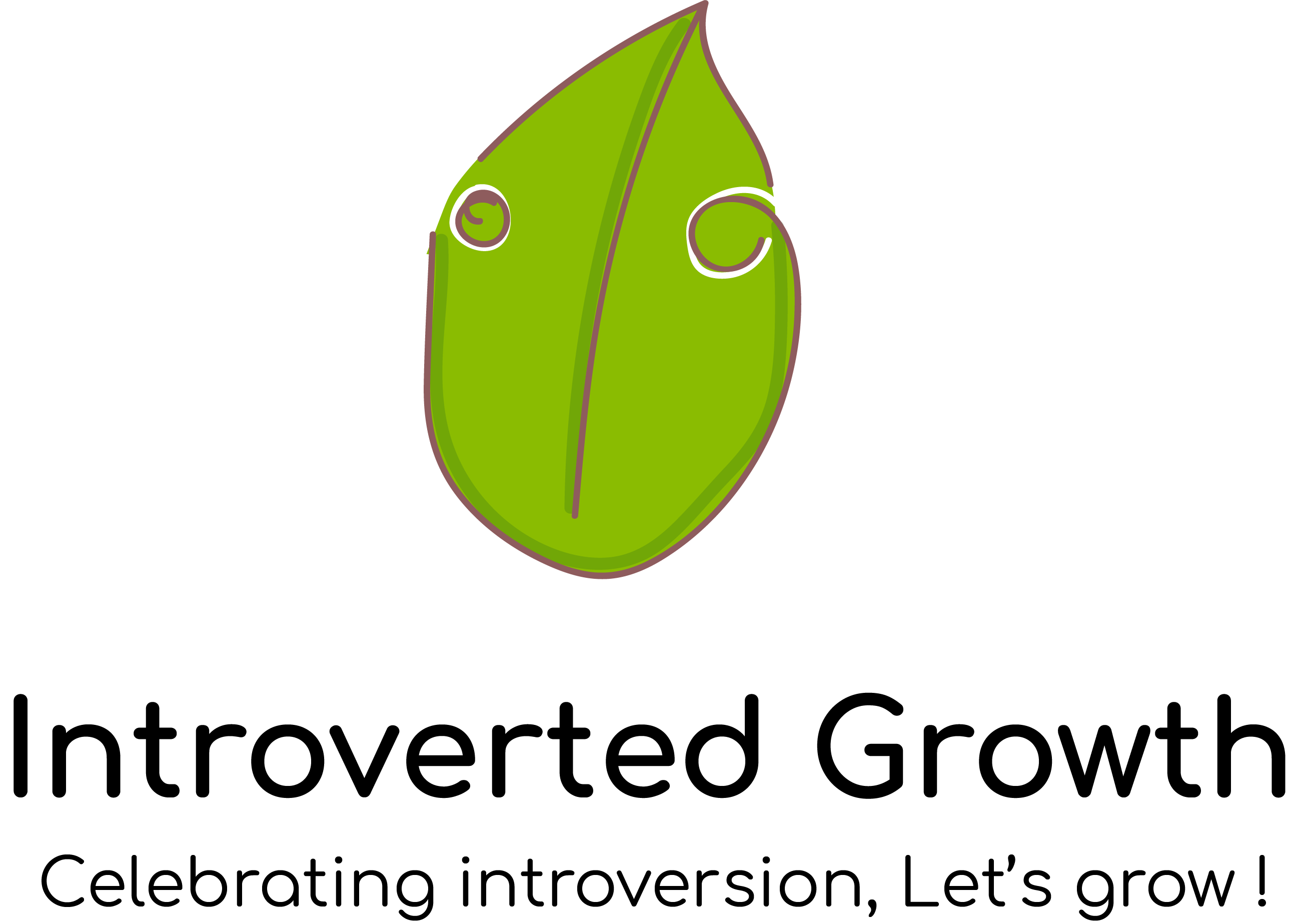Ni is probably the hardest function to explain even though my dominant function is Introverted Intuition.
I find it hard because before writing this article, I’d say:’ I don’t know how I know it. I just do’ and this seals the deal.
But seeing the internet full of people misidentifying this cognitive function- Some people relate intuition to instinct, some people say intuition is “wishful thinking”, some call it one’s psychic power- gave me a push to do some research and find a way to properly present my Ni.
I hope the following article helps you understand what introverted intuition is and how to tell if you’re an introverted intuitive.
Now let’s dive right in…
What is introverted intuition (Ni)?
Ni is one of the 4 perceiving functions on the MBTI/ Jung Typology.
What I mean by perceiving functions is that they are how we take in information.
They are not decision-making functions (judging functions) but means of understanding and gathering information (the other 3 being Extroverted intuition (Ne), Introverted Sensing (Si), Extroverted sensing (Se)).
Carl Jung Wrote about Ni saying ‘The introverted intuitive type, like the extraverted intuitive, has an uncanny capacity for smelling out the future, the not yet-manifest possibilities of a situation. But the intuition is directed within‘
Introverted intuitives tend to focus on patterns, perspectives, hidden meanings, and future implications. This helps them understand the inner workings of their own mind and the minds of others.
- Ni is the dominant function of INJ personality types: INFJs, INTJs
- Ni is the auxiliary function of ENJ personality types: ENFJs, ENTJs
What does it mean to have introverted intuition?
For me, and as I grew up and learned to listen to my INtuition, I find that intuition is that knowledge that comes without internal reaction. It’s just gently there inside me whether it’s in my mind or chest I don’t know. it’s there and it’s clear. I can’t control it, I’m just aware of it.
It’s a higher level of conscious guidance that comes from within (Maybe from the unconscious mind?).
If it comes with a feeling whether it’s excitement or dread then I consider it wishful thinking or gut feeling.
To give you more insight into how does it feel to have Ni, let me list a few examples of people using their dominant Ni function.
Introverted Intuition Examples
- An INtuitive seeing someone crying over the death of a family member and can’t help but know they’re faking it even though the whole family rushes to console them.
- An INtuitive just knowing their best friend won’t end up with her fiance even though they’re currently madly in love. They just know the relationship will end.
- An INtuitive woman Knows her boyfriend is breaking up with her because he’s depressed even though he seems perfectly fine from the outside. She understands the true motive behind his actions and she also knows that he’s the one who will break away from his state without her interfering.
- A mother with a dominant ni restricts her son from going on a trip with his friend because she knows something bad will happen to him if he goes with them, that evening he gets a call that his friend had an accident and the passenger side of the car was completely smashed.
9 Signs That Will Help You Identify Yourself as an Introverted Intuitive!
1. You Rely on Yourself When Fact-Checking With People
You always analyze how you feel when people tell you something and you judge their honesty based on the nature of that feeling.
2. You Always Look For The Underlying Meanings
You have a habit of interpreting people’s words and actions and forming your own meaning of them. You can’t seem to trust first impressions. So you catch yourself looking for changes and patterns that give become your cues.
3. You’re In Tune With Yourself
You know yourself. I’m not referring to the general meaning of this expression. What I mean is you can’t seem to lie to yourself about your feelings or your motives because then the voice of your intuition will be too firm to ignore.
You might try to convince yourself about something but you can’t lie to yourself.
4. You Experience Meaningful Dreams
You often have dreams that make sense to you when you recall them in the morning. It’s like receiving messages during your dreams. some people will find them absurd but you can’t help but believe them.
They don’t have to be serious messages like the death of someone close.
I once had a dream that there was light under my little sister’s bed. when I woke up and went to search under it I found my camera hidden there because she broke it and I didn’t even notice it was missing.
5. People Tend To Unconsciously Follow You
People tend to listen to you and follow your words even without realizing it. They may ask for your opinion about things and follow your steps even if they’ll argue that they don’t see you as a role model.
6. You Often Feel Others’ Emotions
It’s like you absorb other people’s energy without even knowing it until you suddenly feel their moods and know their intentions.
Most introverted intuitive are actually empaths.
7. You Can’t Lie to Yourself About Others’ Feelings
You know when someone has a crush on you even if they don’t tell you. You know their true motives and intentions without them saying anything. It’s like knowing things before having the slightest idea how you knew it.
8. You Get Hunches Easily
You get sudden urges or impulses for things and people, they come so fast it’s hard not to make a snap decision sometimes.
9. You Have Deep Thoughts About Life and Death
You’re spiritual even if you don’t believe in all the ‘new age-y’ trends going around the world in the past years.
You often think about the meaning of life, and if there’s life after death. You analyze and think about your own death as if you’ve experienced it before even though logically you know it’s impossible.
CONCLUSION
Did you identify yourself in some of the signs? I hope this article helped you understand what is introverted intuition and how to recognize it in your own self if you already haven’t done so.
This list doesn’t cover all the signs but it’s just to give you an idea of what that is from my personal experience with being an INtuitive.
Now if you feel like you constantly get in the way of your intuition, try working on it by using meditation and contemplation. Getting your head to quiet down will greatly help you tune in to your introverted intuition!






